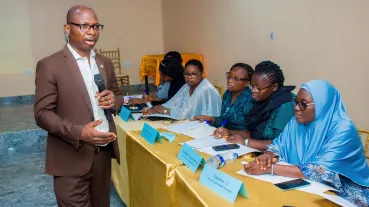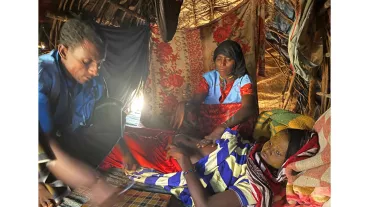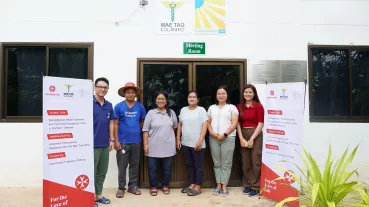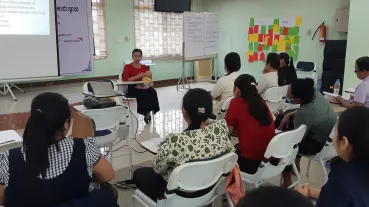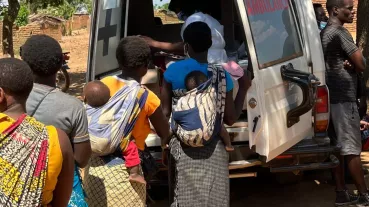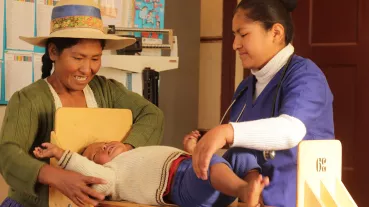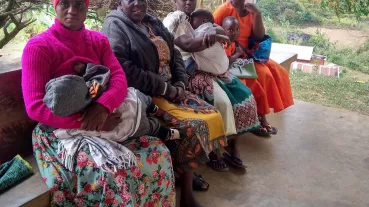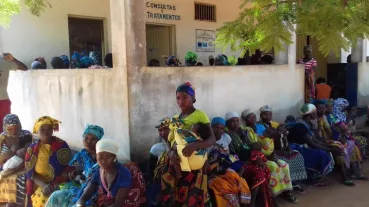Mother/child health among the indigenous Urarina people of the Río Chambira, Peru
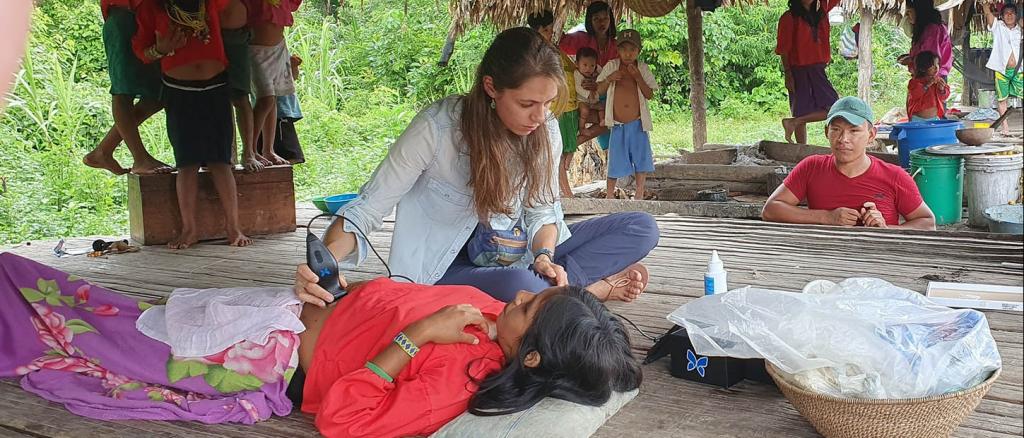
Situation:
The Urarina live remotely in the Amazon area. Foreigners brought new diseases to the existing ones like malaria, diarrhea and parasitosis. Life expectancy is 20 to 25 years due to high infant mortality. Shamanism dominates the healing system. The mortality rate of newborns is over 25%. Medical care by the state authorities is completely inadequate.
Objectives:
Training local mother/child health workers (including birth attendants) and nutritionists to provide practical and educational health care including healthy, hygienic nutrition for pregnant women, mothers and infants.
- Up to 80 mother/child health workers are trained to provide antenatal, maternity, obstetric and nutritional care in Urarina settlements (2 per settlement) and provide support and advice.
- 60% of pregnant women (those who have given birth) attend antenatal and postnatal check-ups.
- Decrease in maternal and infant mortality by one-third (33%).
- Training of up to 80 health workers and nutritionists.
- Screenings for pregnant women, infants and young children
- Demonstrations and counseling for pregnant women and mothers on healthy and hygienic diets
- Therapeutic measures at basic level
- Assistance with family planning (including medication)
- Study of traditional healing methods
- Promotion of an institution of health healers that regulates local health care (community level) in collaboration with the health authority.
The formation of associations of women promoters of health and nutrition, their position as a community institution and their networking with the health authority create the conditions for continuous work, training and supply of necessary medicines.
Taking into account the level of development of the Urarina society, the mythological view of pregnancy and childbirth, the very low level of education of the Urarina (illiteracy) also in relation to modern health care, the innovation consists in an initial access to knowledge that contributes to behaviors in line with the objectives of the project.
